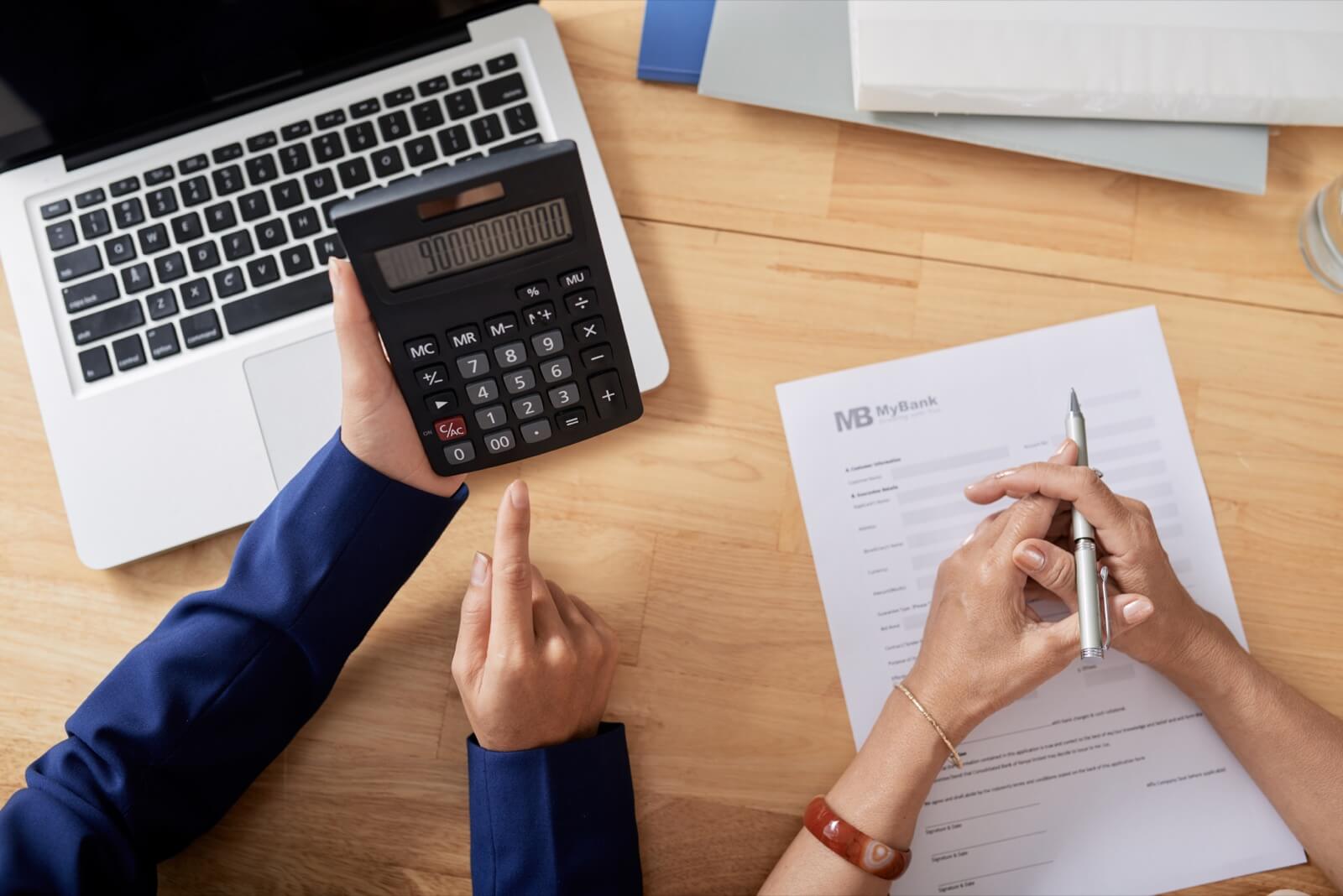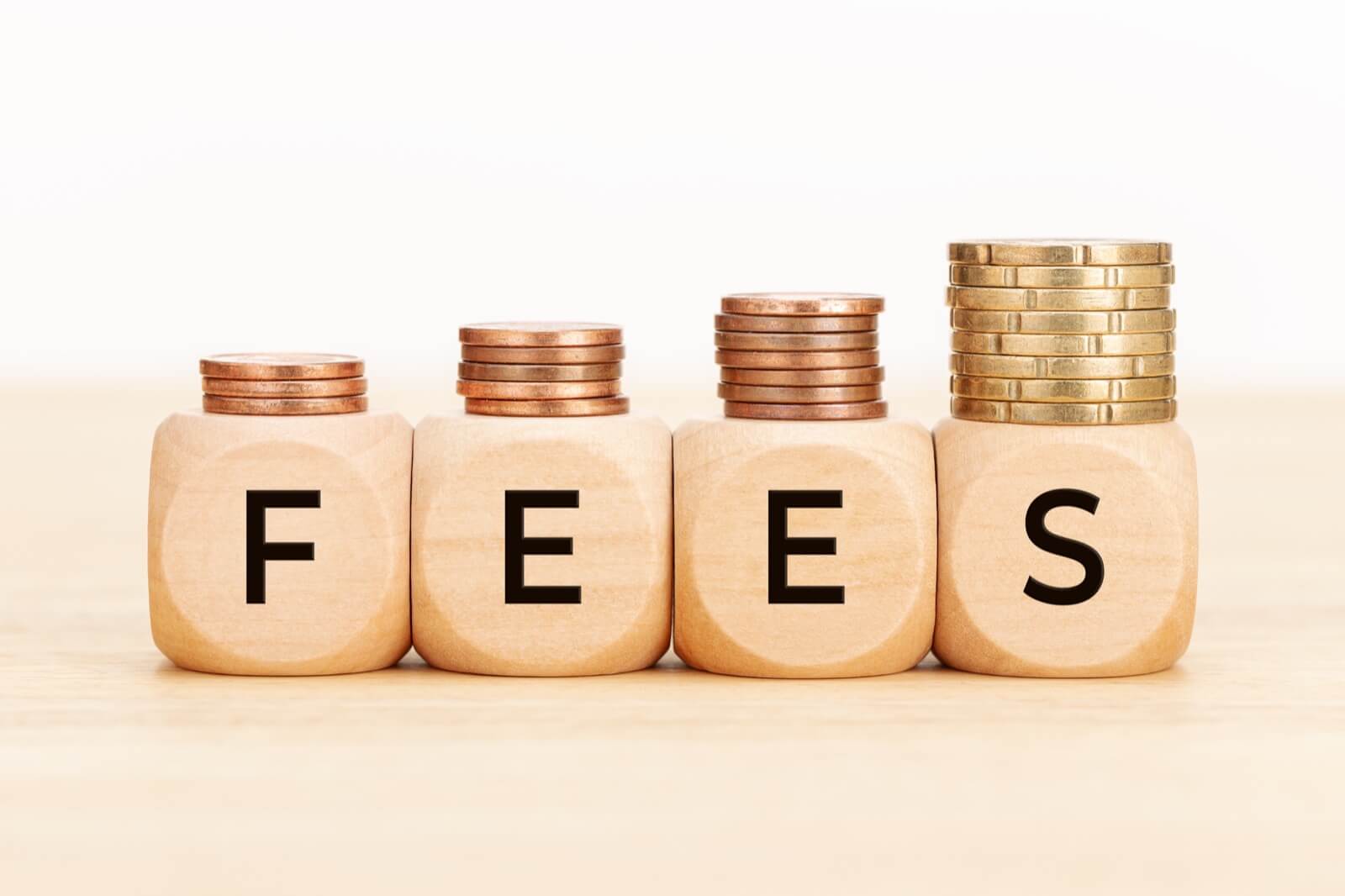The home buying process can be overwhelming, especially if you've never done it before. While there are a lot of moving parts (and not just literally), we're here to help. Below are some tips and tricks to keep in mind when considering purchasing your next property.
Have a professional home inspection
When you're shopping for a home, it's always a good idea to get a professional home inspection. A home inspector will look at your property thoroughly and give you an unbiased assessment of its condition. You might be surprised by what they find!
You can ask the inspector if there are any problems with the property that would make it difficult or expensive to fix. They will also tell you if there are major issues that need immediate attention. For example, cracks in walls may indicate water damage from burst pipes or leaks in roofing materials like shingles or tiles; these types of issues could lead to mold growth (which is bad), so it's important to have them fixed before moving in. If a previous tenant has left behind unwanted pests such as mice or rats, this can also cause serious health problems for people living in those houses.
Factor in closing costs with your down payment
Your down payment is the amount of money you pay upfront to buy the property. It's usually between 5 and 20 percent of the purchase price.
Closing costs are fees paid to the lender and third parties involved in your home purchase. They're separate from loan origination charges, which are included in your closing costs, but they may include those fees as well. Closing costs can add up quickly—for example, if you make a 5% down payment on a $100,000 property and have $5,000 in closing costs, that's 50 percent of your total down payment!
Understand down payments and mortgages
The down payment is the amount you pay for your home. A typical down payment for a home is between 5% and 20% of the purchase price. The larger your down payment, the less risk you'll have to take on when purchasing a home.
Mortgages are loans used to purchase property and typically require monthly payments over time until the property is fully paid off. The interest rate on mortgages varies from lender to lender but typically ranges between 4% - 6%.
Find out what the property tax is, and how it may change in the future
Property tax is based on the value of your property. Each time you pay it, you're paying a percentage of your home's value. The percentage fluctuates depending on whether it's commercial or residential and where you live; if there are several owners on one property, they may each be taxed at different rates. Property taxes can be a major expense that many people forget to budget for, so it's important to make sure that you know what yours are before signing a mortgage contract!
If property taxes change substantially in the future (for example, if the surrounding area is included in taxes), make sure that this won't suddenly impact your rent payments or ability to sell the property later on down the road!
Understand HOA fees before you buy
HOA fees are common in newer developments, and they can range from $100 to $1,000 per month. If you're considering a property with HOA fees, make sure you understand what the monthly payments will cover. In most cases, these fees help pay for common areas and amenities that would otherwise be difficult or impossible for individual homeowners to own individually (such as pools and clubhouses). This can be a good way to get amenities you wouldn't otherwise be able to afford.
However, it's also important to understand how your HOA works—and if there are any potential drawbacks that might affect your desire or ability to purchase the property. For example: If a builder constructed more homes than they had planned on when they first built their community because demand was high—and now there are too many people living in the neighborhood—the costs associated with upkeep may increase significantly over time.
Make sure the home has adequate insurance coverage
Home insurance protects the structure of your home and its contents. It also covers liability and medical payments in case someone is injured while on your property.
Here's a look at some of the other coverage options:
• Dwelling — This type of insurance covers what's known as "all risk" protection for your main house (including detached garages). This means that if something happens to the exterior, including siding or roof damage caused by wind or hail, it will be covered under this policy.
• Personal property — If you own expensive items that aren't easily replaceable, like jewelry, art collections or antiques then you'll want to purchase personal property coverage. Personal property can include anything from electronics and musical instruments to furniture and appliances inside your residence.
Discuss property lines with your neighbor
You need to know the boundaries of your property, as well as any easements or right-of-way agreements that may exist on your neighbor's land. You don't want to build a fence on their property or a pool in their backyard, nor do you want them building things on your lot. If both parties agree, it's possible for one person to buy part of another person's land and have clear ownership in that area. Without such an agreement, though, a boundary line is hard and fast: if someone puts up a shed without knowing where their neighbor's property begins and ends—or worse yet builds an addition for themselves onto someone else’s house—they could be held liable for tresspassing and/or trespassing if they don't get permission from both parties beforehand!
Get a home warranty to protect against unexpected issues that might pop up in the future
A home warranty can cover unexpected issues that may arise in your home, such as a faulty appliance or plumbing problem.
Each type of home warranty is a little different, but most cover the following:
• Roofs
• Structural elements (rafters, floor joists)
• Carpentry (furniture and doors)
Budget for repairs and maintenance costs
A well-built house that has been maintained over the years is a good thing to buy. A house that hasn’t been maintained or repaired may be more trouble than it’s worth.
When deciding on what to budget for repairs and maintenance, there are many things to consider. For example, how much will it cost you per year? How much should you expect to pay in maintenance expenses each month? How often should you budget for major repairs?
If your home is 40 years old and in need of new windows, make sure they get replaced before buying! This is one of those items that can cost thousands of dollars—and could easily become an expensive mistake if not addressed prior to purchasing a property.
If you know what to expect, you can make good choices when buying a new home
Buying a home is not easy, but it can be a fun and rewarding process if you know what to expect and have the right tools. Here's some helpful advice for those who are considering buying real estate:
• Be prepared to make sacrifices. You should be willing to put in long hours at work or on your feet at home in order to earn the money necessary for this purchase. A good rule of thumb is that if you plan on spending less than 5% of your income on housing each month, then buying might not be ideal for you.
• Know whether or not you can afford it! If so, great! But if not...it may be better off waiting until later when your finances are better situated (or even never). This decision depends entirely upon how much debt you're carrying from previous purchases like cars or credit cards versus what kind of credit score/history.
Conclusion
We hope this guide has helped you understand how to buy a home! Purchasing a house is a big decision, and the more you know in advance, the better off you’ll be. If you follow our tips above (and maybe even check out some other resources), then we think that buying your first home will be an easy process.





